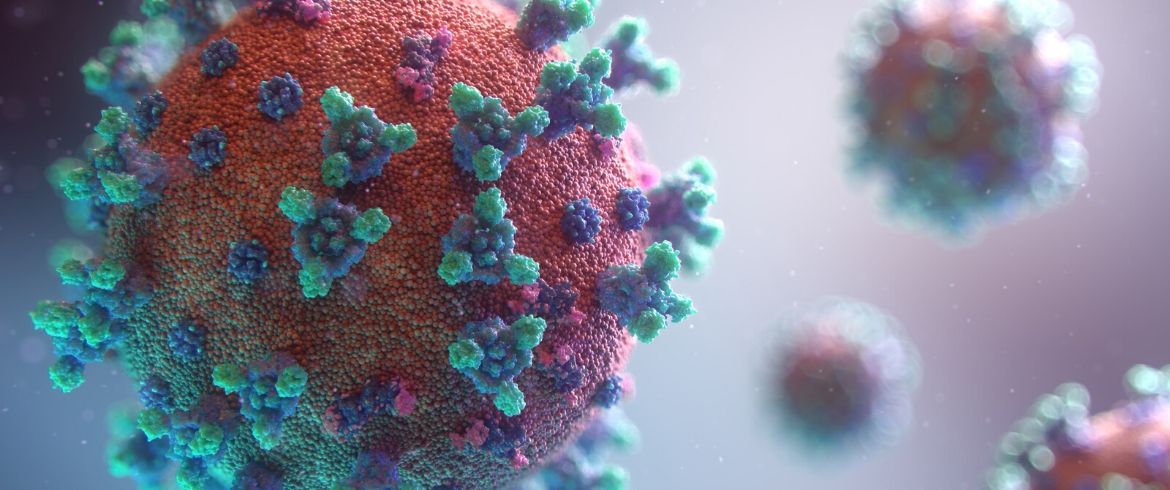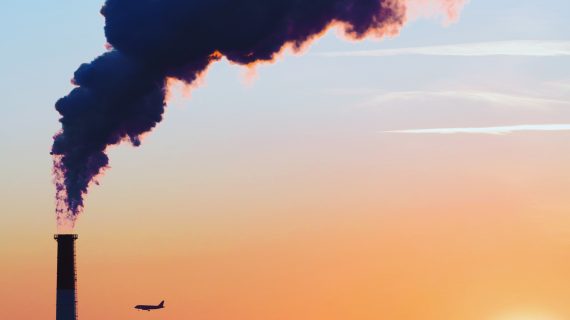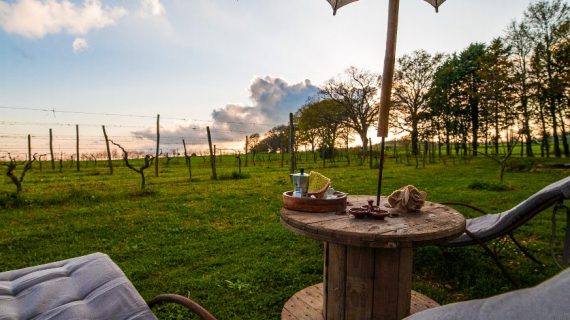The lockdown in Italy begins on 9 March. The government has taken extraordinary measures to counter the spread of the Covid-19 pandemic. Within a few weeks, nature has shown us its strength, returning to invade the territory and making us understand what impact we have on the planet.
But now we are at a crossroads: when our life returns to normal will we be able to learn from our mistakes or will it be worse than before?
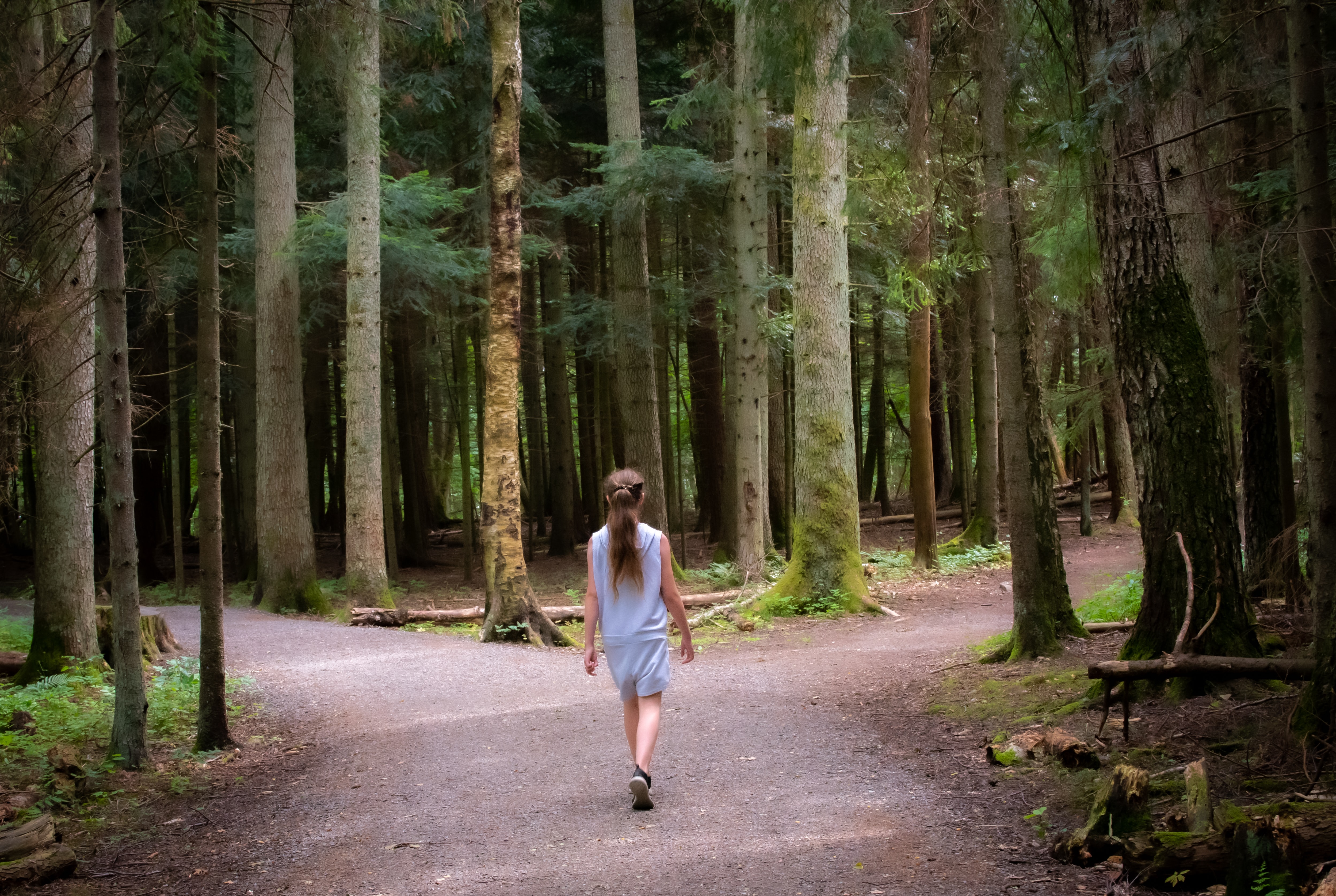
Lockdown. Our country has stopped for Covid-19 and with us many other nations. The decree issued in March stops non-essential productive activities and invites citizens to stay at home. These are restrictive measures necessary for the safety of its citizens and for not bringing the health system to collapse. The effects of these measures were not long in coming.
Nature becomes space again
Immediately came the photos of the hares jumping in the parks of the big cities or the swans walking through the deserted streets.
Dolphins also approached ports, thanks to the reduced maritime traffic.
In Venice, the canals are clear again, motorboats and vaporetti no longer pass to move hordes of tourists from one part of the city to another.
The Himalaya has returned to being visible after 30 years of constant pollution that had hidden it from the eyes of all southern Asia. A magnificent spectacle that can be appreciated now that the air is cleaning itself from the pollution particles produced by the combustion of carbon dioxide.
Nature is regaining its spaces and is conquering territories that were previously for the exclusive use of man.
Less CO2 emissions
At first glance, even the data relating to CO2 emissions are positive: Europe emits only 42% of greenhouse gases compared to the pre-pandemic period. According to these data, if the lockdown for Covid-19 lasted 45 days for each nation of the European Union 145 million tons of CO2 would be produced less. According to a Sia Partners report, there would be a 5% drop in the annual greenhouse gas emissions balance. Transport and energy production would be the first sectors affected by this reduction.
Cleaner air
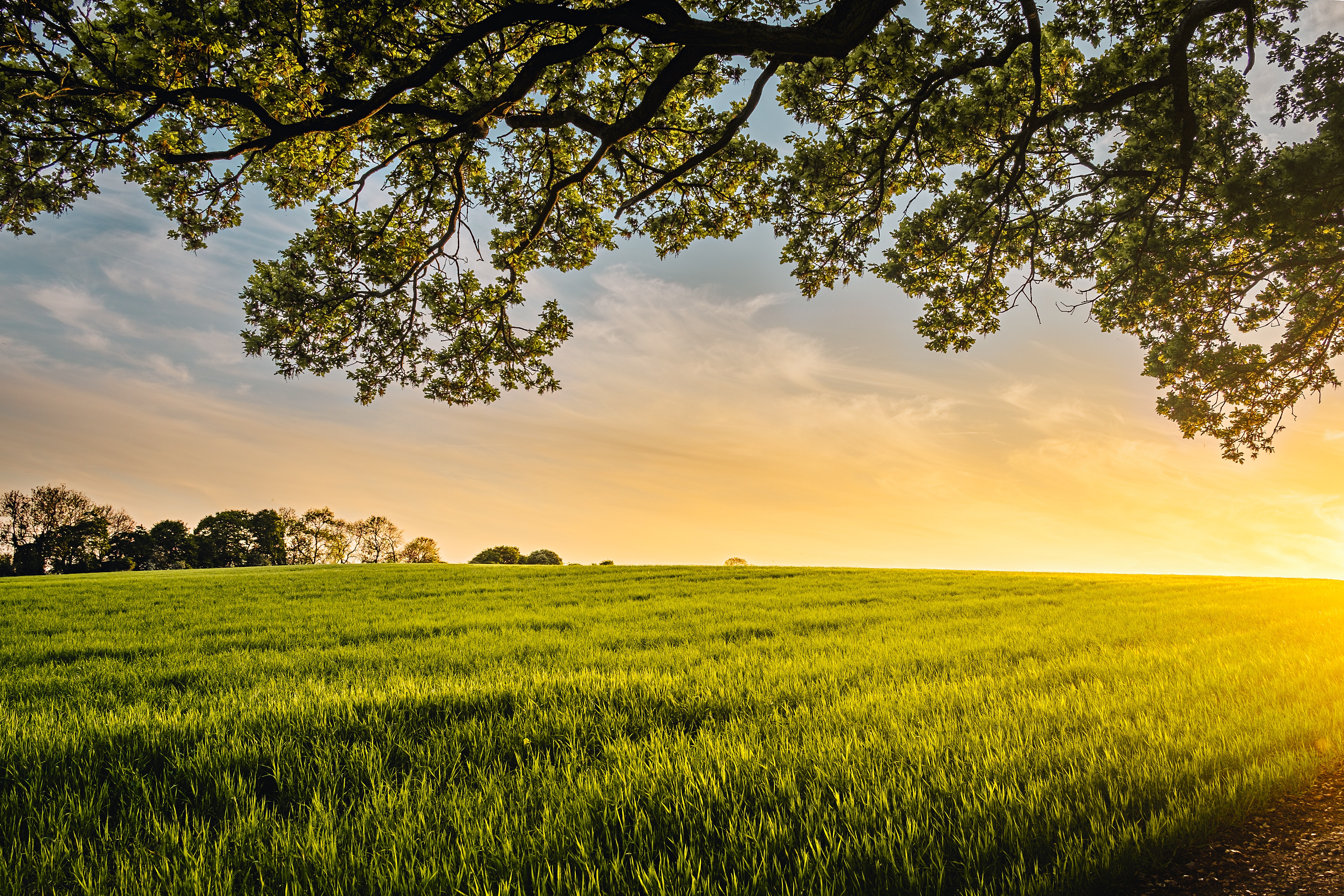
With the decrease in productivity and the emission of greenhouse gases, air quality in many areas of the planet has improved. This is likely to have reduced pathologies and deaths related to air pollution. Unfortunately with other consequences.
What will happen after Covid-19?
At the end of the pandemic, it will be very likely that the countries affected by the virus that causes Covid-19 are in recession and that much work will have to be done to revive the economy. But will we have learned anything about our impact on the environment? Will we be more aware and careful to preserve that perfect machine that is our planet?
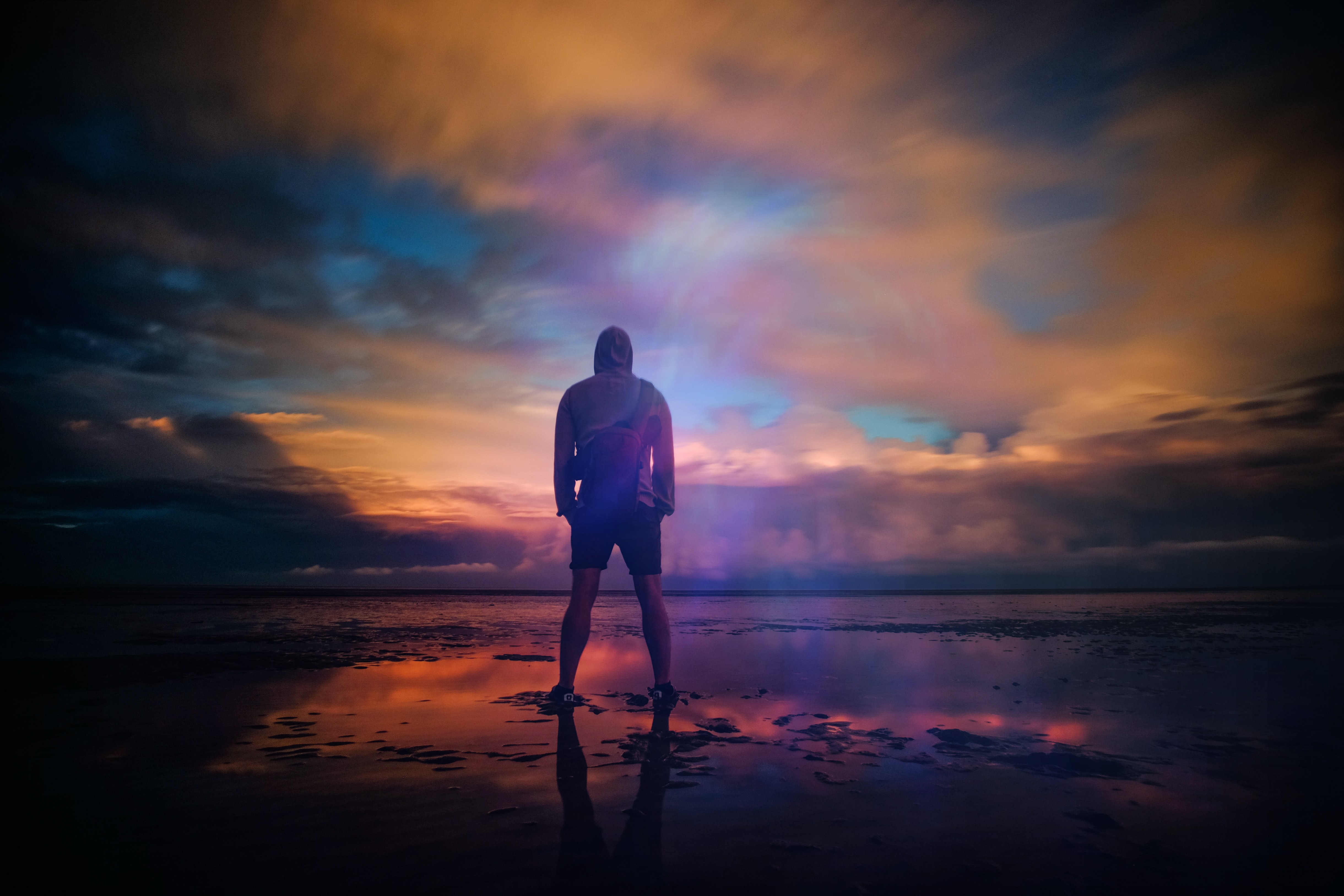
Some say no and the data recorded after all the recent economic crises show that the reductions in emissions were temporary. The projections reported that the recovery in the economy has brought greenhouse gas emissions back to their straight line of growth.
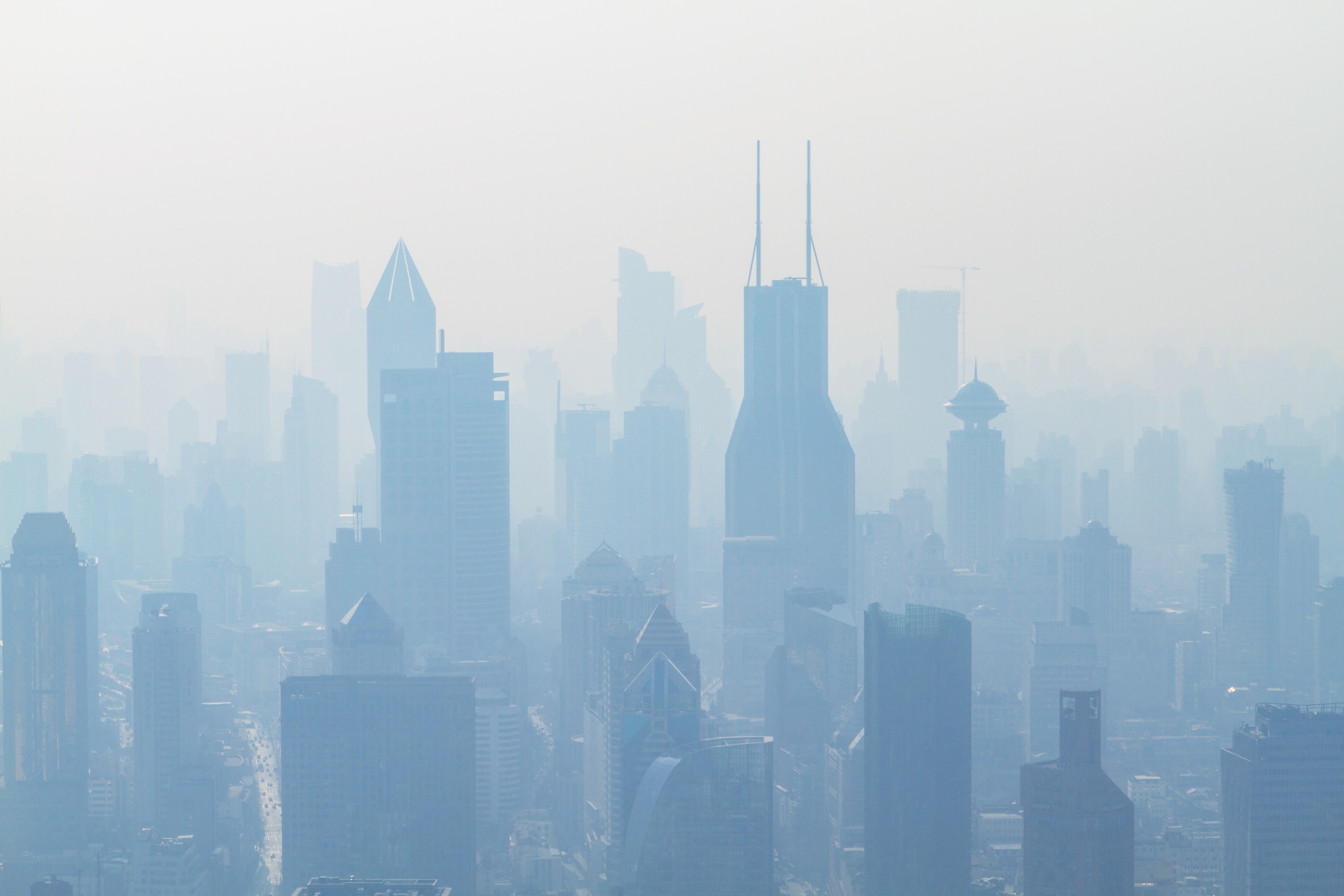
In 2009, following the financial crisis, there was a 1.2% drop in carbon dioxide emissions. Many hoped for a turnaround in the climate crisis, which however did not happen. The reason may lie in the lack of resources to invest in virtuous projects. Unfortunately, the measures tend to favour the recovery of less expensive production activities.
Global warming: irreversible transformations
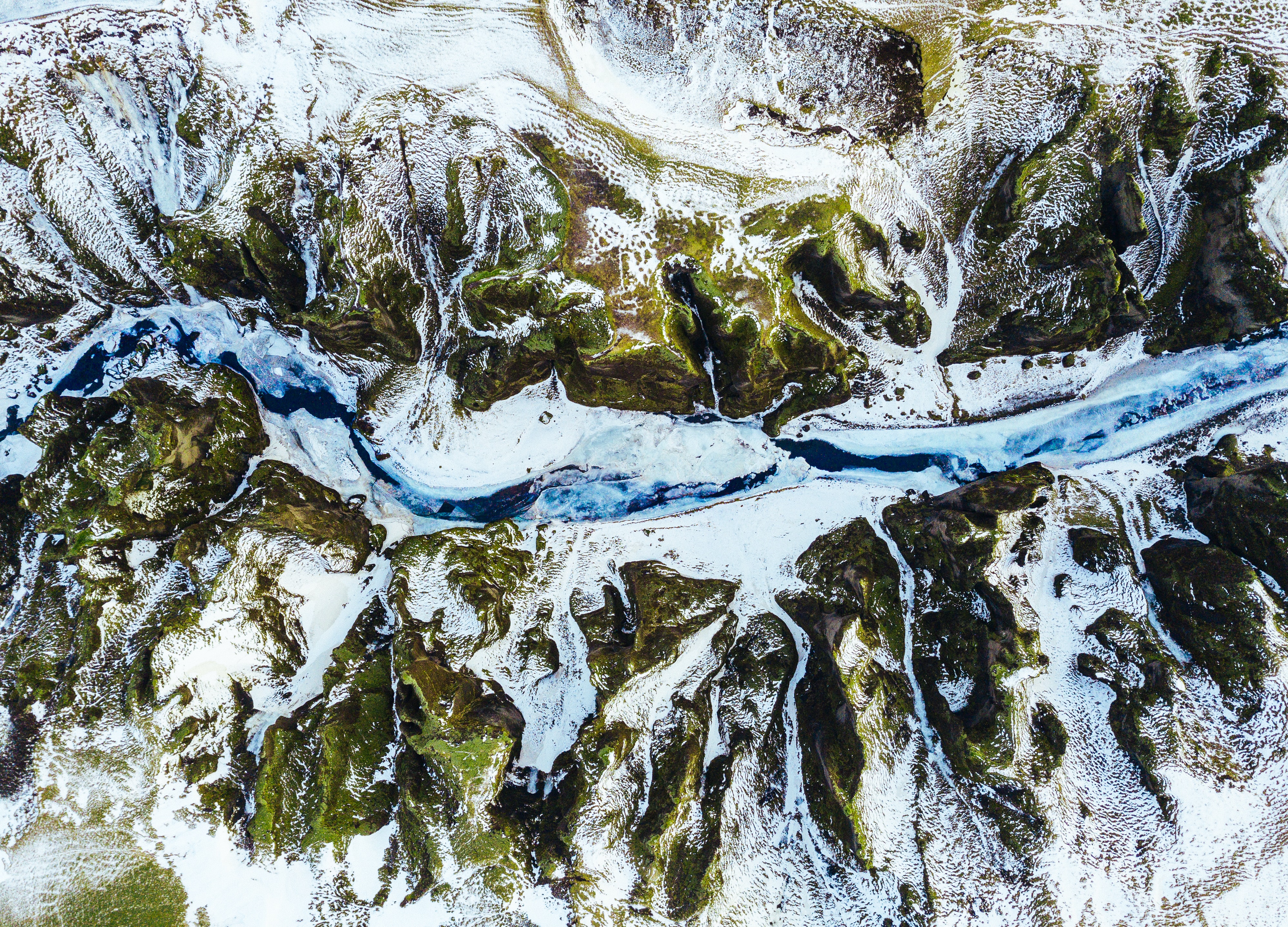
Global warming should not be viewed as a crisis, like a pandemic. It is a series of irreversible changes that bring with it catastrophic effects on the climate of our planet.
Containment measures such as those adopted for the pandemic must not constitute the resolution of climate problems, but they can be an example of the impact we have on nature.
The climate crisis needs global and constant actions to stop what man has irresponsibly done to the climate to date.
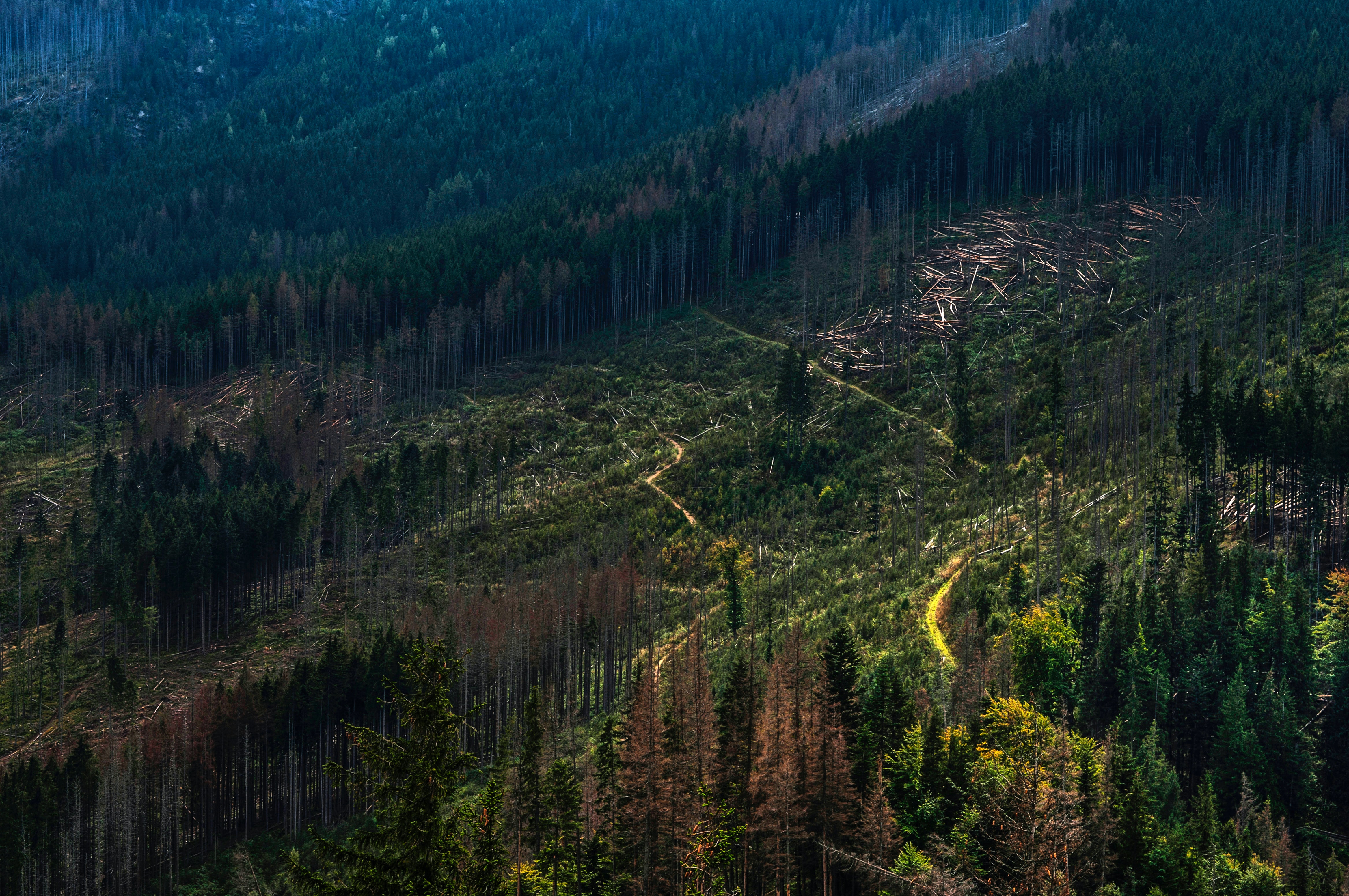
François Gemenne, a member of the IPCC, effectively summarized the problem:
“Global warming is not a crisis: it is an irreversible transformation. There will be no return to normal. There is no vaccine against climate change. Structural measures will be required, which require a real transformation of society and the economy. ”
Words that should make every citizen of the world reflect: the protection of planet Earth depends on the actions of each of us.
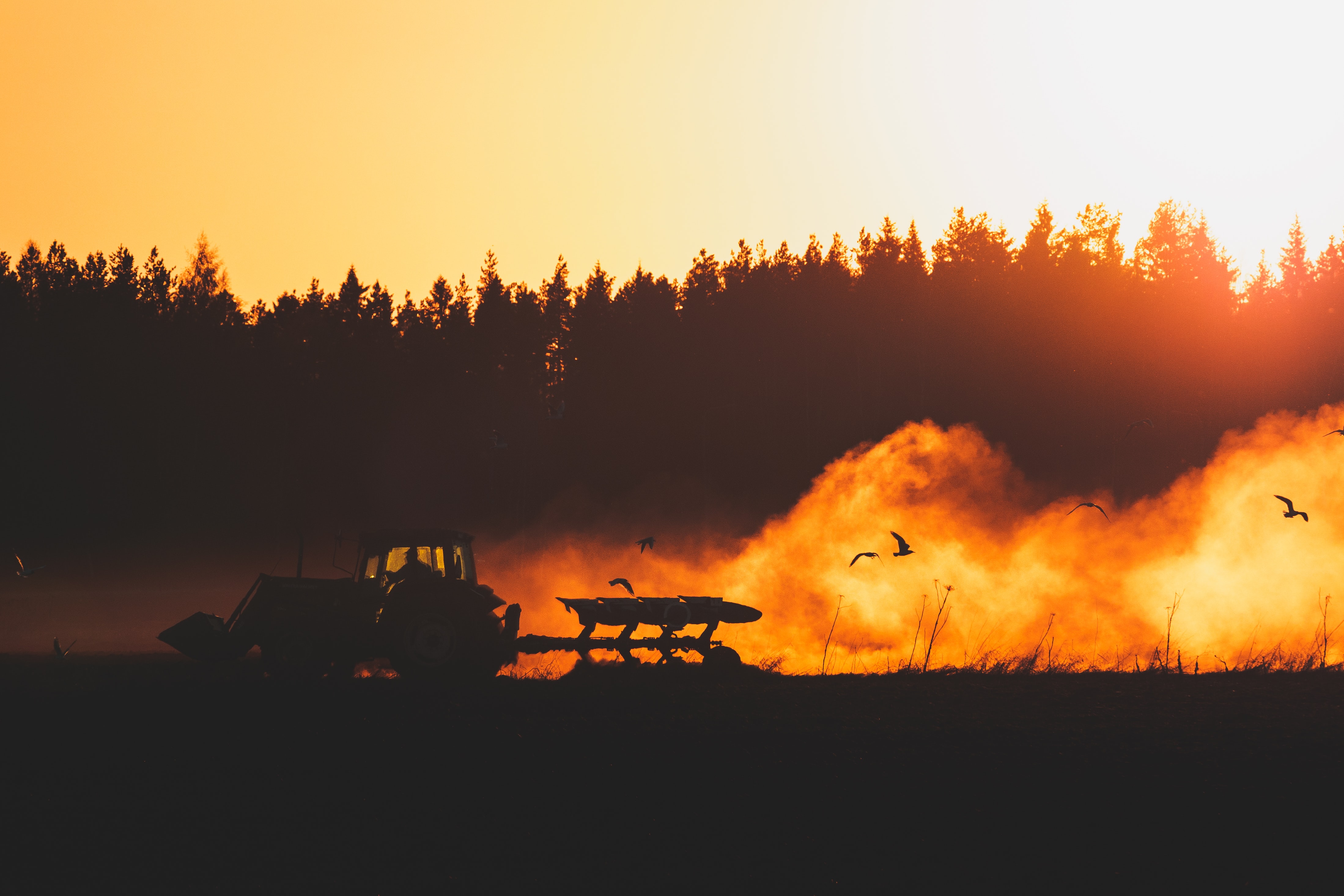
“Business as usual”
At the 26th United Nations World Climate Conference, nations had to present new commitments to reduce greenhouse gas emissions. Unfortunately, however, requests from various countries are multiplying to return to “business as usual”. Moreover, the COP26 scheduled for November in Scotland has already been postponed to 2021. Some companies also ask to abolish the “plastic tax” and others to postpone the introduction of the eco-tax on airline tickets.
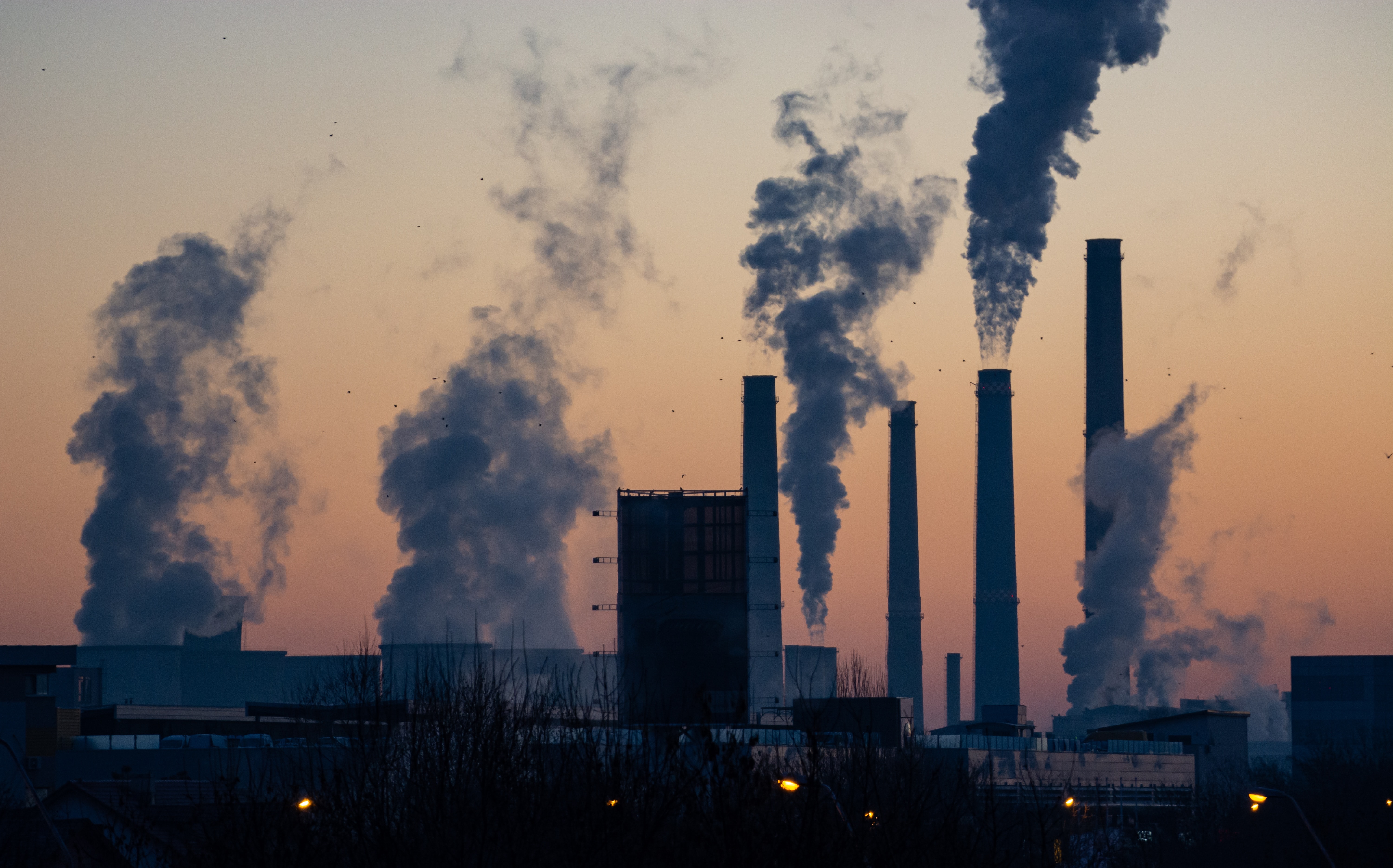
We are at the crossroads. Will we, therefore, be able to relaunch the economy in a sustainable way or will we return to the climate crisis with the usual business system?
Post Covid-19: 5 eco-sustainable ideas to change course
The Covid-19 brought the economy to its knees and put a strain on all of us. However, this crisis also represents an opportunity for change. A huge, historic opportunity to change our lifestyles and save the planet.
- smart-woking: favour work from home to reduce the CO2 produced by daily trips;
- purchase products at zero km: consume, produce and use local products, favour the short-chain and neighbourhood shops;
- reduce waste: correctly differentiate and recycle, paying particular attention to the PPE (masks and gloves) used to leave the house;
- green travel: prefer near and eco-sustainable destinations, plan your eco-friendly holidays;
- cut emissions: encourage the use of electric cars, move by train and bicycle, encourage and encourage green building.
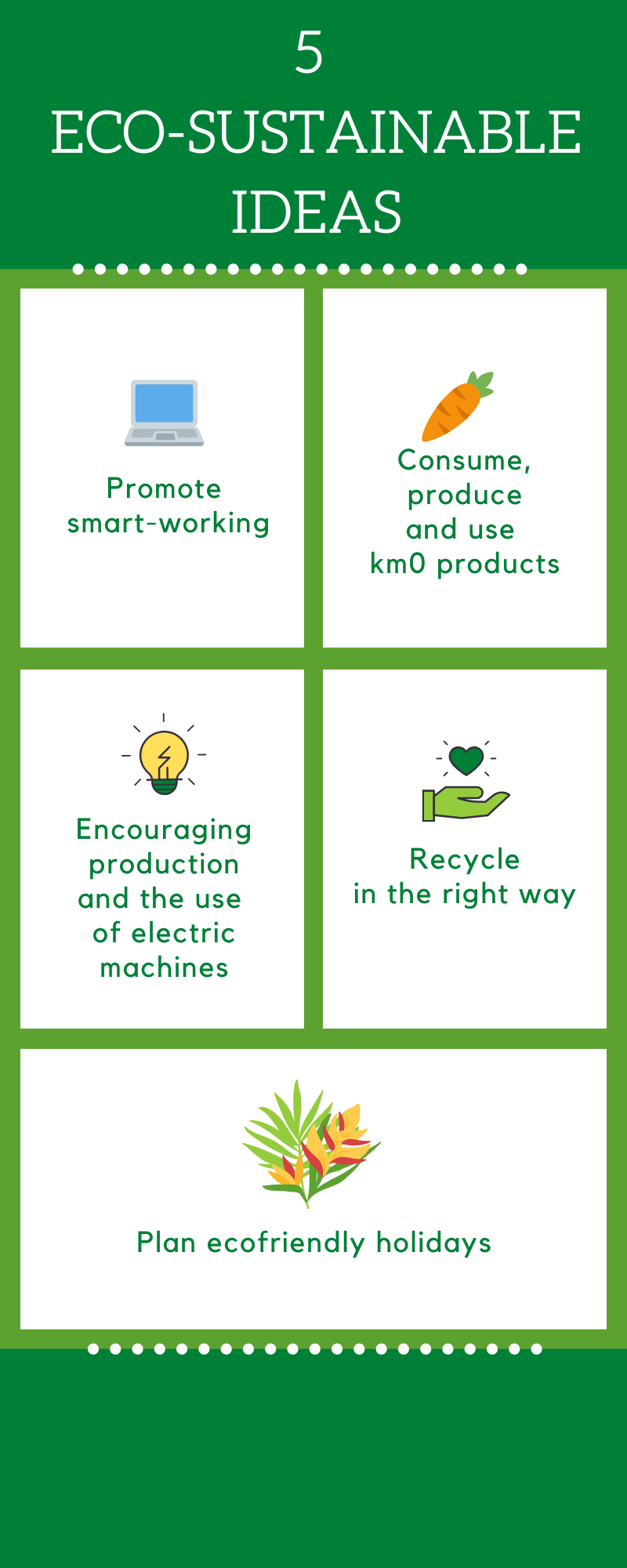
Cover image: photo by Fusion Medical Animation on Unsplash
